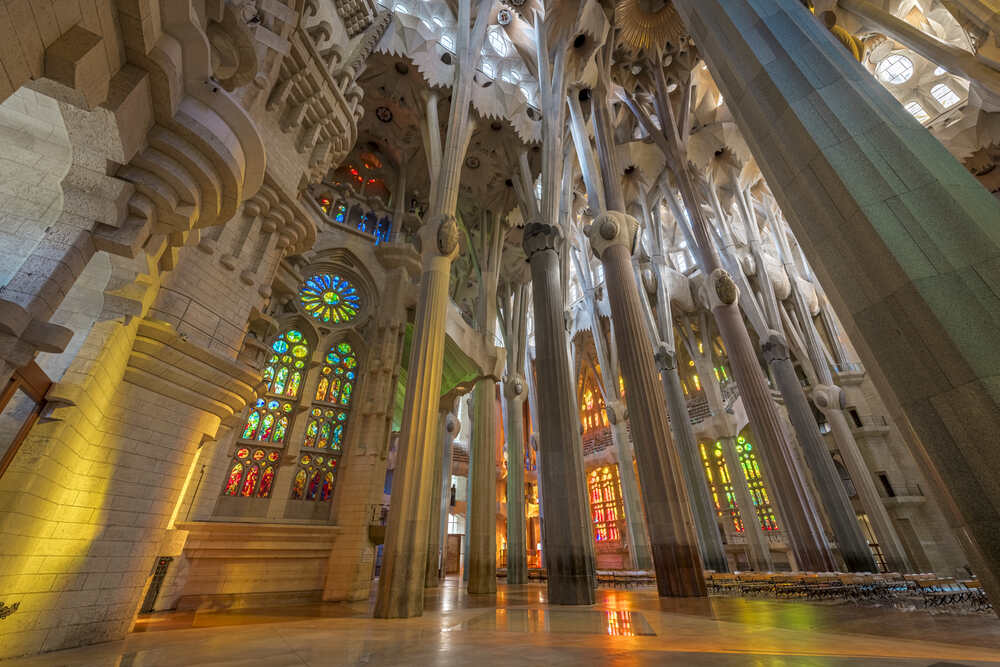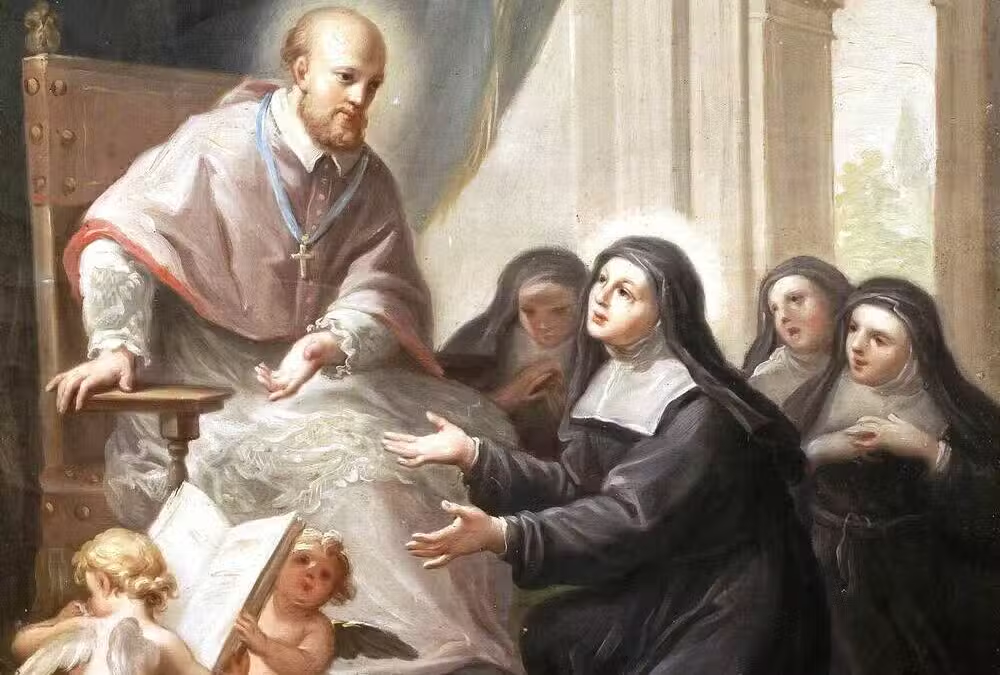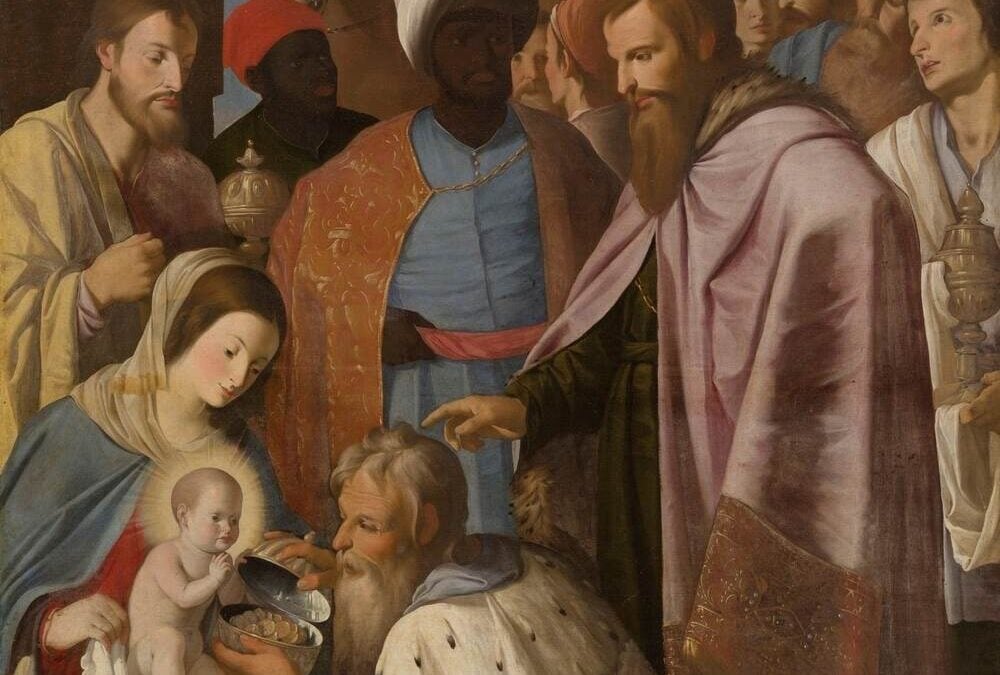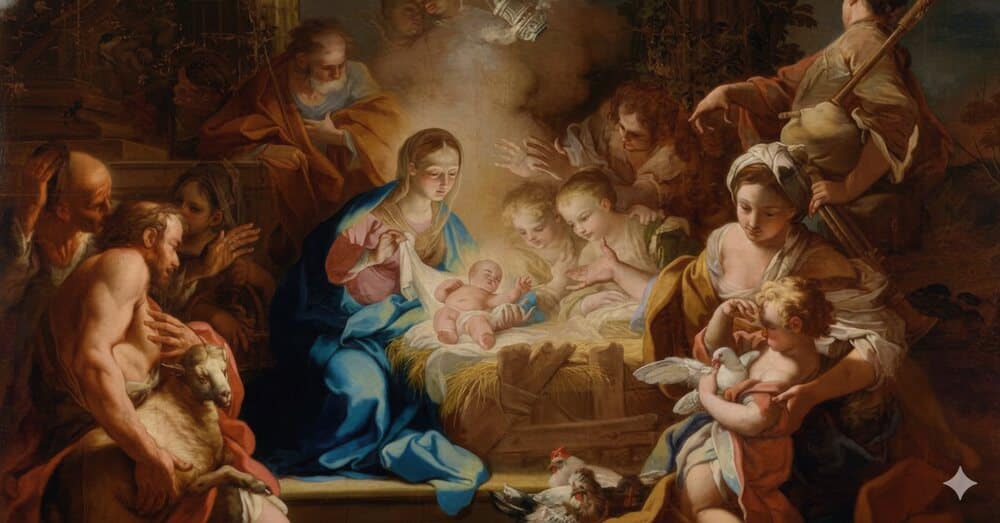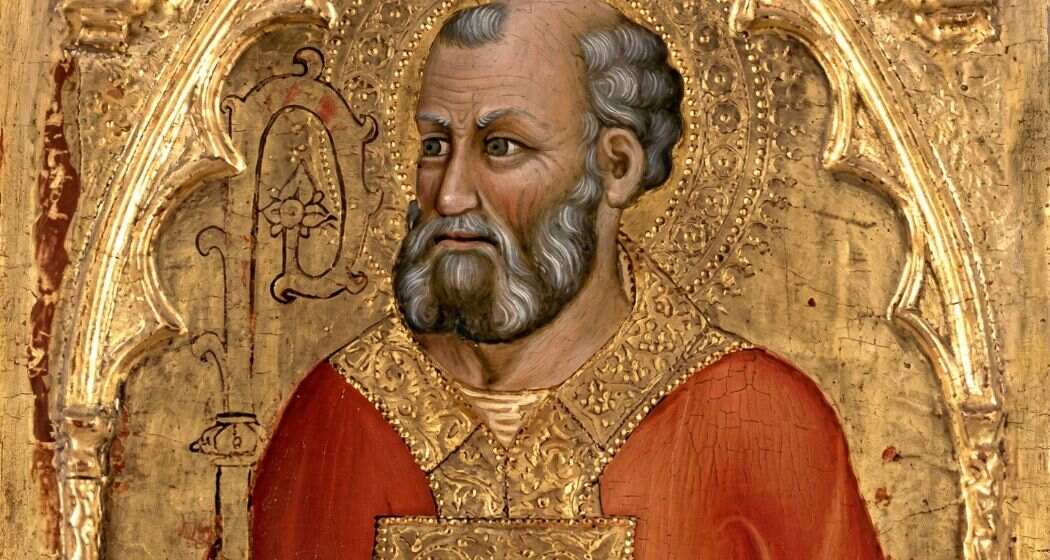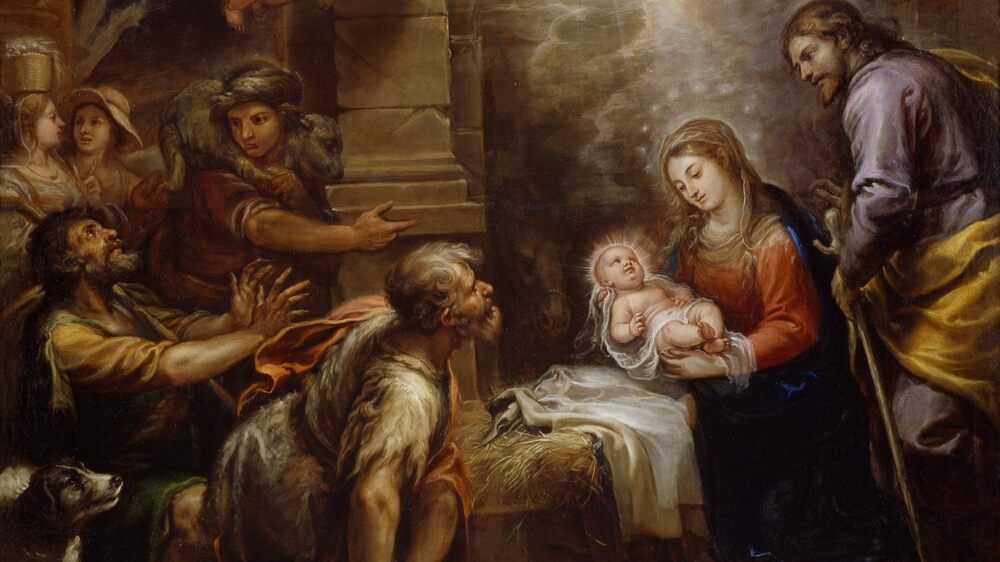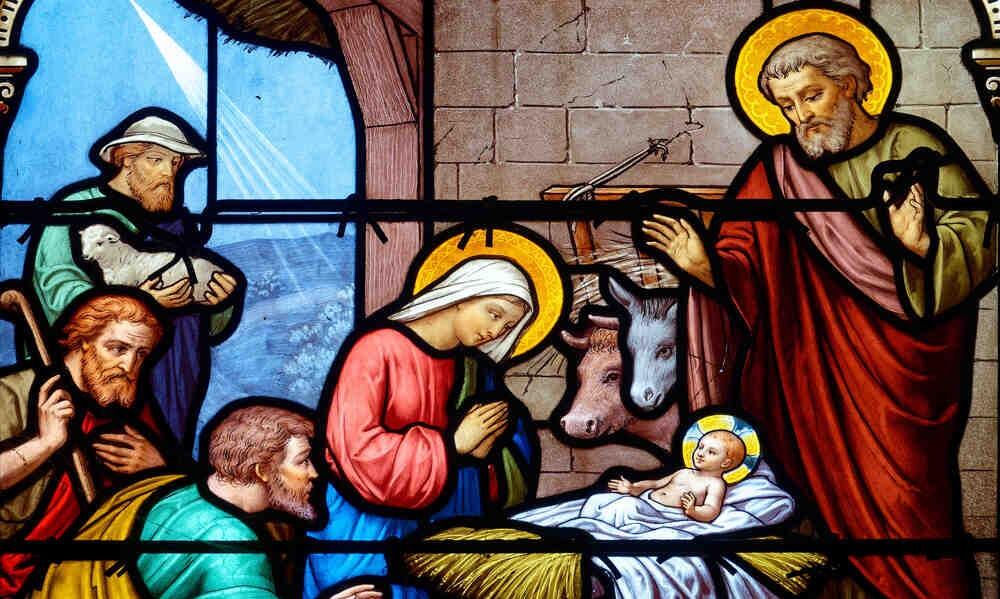The Holy Mass is the center and summit of Christian life in the Catholic Church. In each Eucharistic celebration, the faithful gather to remember and live the mystery of the Last Supper and Jesus’ redemptive sacrifice on the cross. The Mass is not just a religious rite, but a profound experience of communion with God and the community of believers. As the Catechism of the Catholic Church expresses: “The Eucharist is ‘the source and summit of the Christian life'” (CCC 1324). This underscores the importance of the Mass as the most significant liturgical act in the life of Catholics.
The Mass is a mystery of faith that allows us to participate in Christ’s sacrifice, receive His Body and Blood, and unite with Him in communion. In the Mass, we actualize Jesus’ unique sacrifice on the cross, which is offered to the Father for the salvation of the world. This active participation in the Eucharist transforms us and sends us out as witnesses of God’s love in the world. The Catechism emphasizes that “the Eucharist signifies and realizes the communion of life with God and the unity of the People of God” (CCC 1325). Thus, each Mass is an opportunity to renew our faith, nourish ourselves spiritually, and strengthen our community.
Given the greatness and holiness of the Mass, it is essential to prepare ourselves adequately to participate in it. Preparation not only helps us to receive the graces of the Eucharist more fully but also shows our respect and reverence for this sacrament. St. John Chrysostom said: “When you approach Holy Communion, approach with the faith, fear, and respect with which you would approach God Himself”. This quote reminds us that proper preparation allows us to approach the Mass with the right disposition of mind and heart.
Preparation for Mass includes both external and internal aspects. Externally, it involves arriving on time, dressing appropriately, and actively participating in the liturgy. Internally, it requires a contrite heart, a mind open to the Word of God, and an attitude of worship and gratitude. As the Catechism points out: “To respond to this invitation [to the Eucharist], one must prepare oneself with great seriousness, since one cannot receive Communion without being in a state of grace” (CIC 1385).
You can use the Catholic Mass Times app to find the nearest Catholic church with Mass, Confession, and Adoration schedules. It will surely help you! Download it now.
The Catechism of the Catholic Church provides us with a solid foundation for understanding the importance of preparation for Mass. In number 1387, we are taught that “to prepare properly to receive this sacrament, the faithful should observe the fast required in their Church”. This fast, generally one hour before communion, is a way to prepare ourselves physically to receive the Body of Christ.
Furthermore, the Catechism also emphasizes the need for reconciliation prior to communion: “Anyone conscious of a grave sin must receive the sacrament of Reconciliation before coming to communion” (CCC 1385). This reminds us of the importance of approaching Mass with a clean and repentant heart, ready to receive God’s grace.
Ultimately, preparation for Mass is fundamental to fully living the mystery of the Eucharist. It is not just about a set of rituals, but an inner and outer disposition that allows us to participate with reverence and devotion in the most important celebration of our faith. Below, we offer five concrete and detailed tips for experiencing the Mass in a deeper and more meaningful way.
1. Arrive early
Importance of Anticipation
Arriving with enough time before Mass begins is fundamental to preparing ourselves adequately. This habit allows us to find a suitable place and have a moment for recollection and personal prayer. The rush and distractions of everyday life can prevent us from entering the Mass with a calm mind and heart. By arriving early, we can have time to relax, calm our minds, and prepare for the celebration. This anticipation not only helps us avoid last-minute rushes but also allows us to focus on the purpose of the Mass.
The Value of Silence
The silence before Mass is an opportunity to leave our worries behind and focus on what we are about to experience. It is a time to reflect on our intentions, ask forgiveness for our sins, and open ourselves to God’s grace. This preparation time allows us to prepare our spirit for worship and communion with God. In this silence, we can hear God’s voice within us, reflect on our actions, and ask for the grace to fully participate in the Mass.
Personal and Community Preparedness
In addition to personal preparation, arriving early also allows us to participate in community preparation. Seeing other faithful gathered in prayer inspires us to do the same, creating an atmosphere of reverence and devotion. This sense of community strengthens our faith and reminds us that we are not alone in our spiritual journey. Community preparation unites us as a Church and helps us to live the Mass in a deeper and more meaningful way.
2. Actively Participate
The Mass as a Community Celebration
The Mass is not just a passive act of attendance; it is a community celebration in which we are all called to actively participate. Each of us has an important role in the liturgy, and our active participation makes the celebration richer and more meaningful. Active participation not only involves our responses and actions but also our inner disposition to live the mystery of the Eucharist.
Respond and Sing
Respond to the prayers, sing the hymns, and participate in the acclamations. These acts of active participation connect you more deeply with the community and with God. Music, in particular, is a powerful means to elevate our souls and express our praise and gratitude to God. By singing and responding, we are not only participating in the liturgy, but also proclaiming our faith and worship to God.
Listening attentively
Listen attentively to the readings and the homily. The Word of God is living and effective, and each time we hear it, God speaks to us in a new way. The homily helps us better understand the Scriptures and apply them to our daily lives. By listening carefully, we are more open to receiving God’s teachings and guidance. This attention allows us to experience the Mass in a deeper and more meaningful way, applying what we hear to our everyday lives.
Spiritual Communion
Even if you cannot receive Communion sacramentally, you can make a spiritual communion. This act of desire and love towards Christ present in the Eucharist unites us to Him in a special way and allows us to receive His grace and His peace. Spiritual communion is an ancient practice that allows us to unite with Christ at any time, especially when we cannot physically receive the Eucharist.
3. Prepare the Spiritual offerings

Meaning of the offerings
During the preparation for Mass, it is important to bring your own intentions and spiritual offerings. Offer your joys, your sorrows, your work, and your needs. This act of personal surrender unites with Jesus’ sacrifice in the Eucharist, turning your daily life into an offering pleasing to God. Our spiritual offerings are an expression of our love and gratitude towards God, and help us to live the Mass in a more complete and meaningful way.
The Offering of Bread and Wine
The bread and wine offered at the altar symbolize our own lives and work. When the priest offers the bread and wine, we are also offering all that we are and all that we have to God. This act of offering helps us recognize that everything we have comes from God and return it to Him with gratitude. The offering of bread and wine is a special moment in the Mass that invites us to surrender our lives to God.
Personal Intentions
Before Mass, take a moment to think about the intentions you want to offer. You can pray for your loved ones, for your personal needs, for the Church, and for the world. This act of reflection and prayer helps you enter the Mass with a more willing and generous heart. By offering our intentions, we are actively participating in the Mass and uniting with the community of faithful in prayer.
4. Reflecting on the Readings
The Importance of the Word of God
The biblical readings are a central part of the Mass and contain important messages for our spiritual life. The Word of God nourishes us, guides us, and transforms us. Dedicate time during the week to read and meditate on the Sunday readings. This will allow you to come to Mass with prior knowledge of the Scriptures and a more open disposition to hear what God wants to tell you.
Meditation and Prayer
Meditating on the readings helps you delve deeper into their meaning and apply them to your daily life. You can use tools such as Lectio Divina, an ancient prayer practice that involves reading, meditating, praying, and contemplating the Scriptures. This approach allows you not only to better understand the readings but also to internalize and live them. Meditation and prayer prepare us to receive the Word of God with an open and willing heart.
Connection with the Homily
Coming to Mass with prior knowledge of the readings will allow you to better understand the homilies and apply their teachings in your daily life. The homily is an opportunity for the priest or deacon to help us interpret and apply the Word of God in our current context. Listening to the homily with a prepared mind and heart allows us to more fully receive the teachings of the Church.
5. Practicing Reverence and Silence

Attitudes of Reverence
Reverence and silence are essential elements in preparing for Mass. Upon entering the church, genuflect before the Tabernacle as a sign of respect for the real presence of Christ. This small act of reverence reminds us of the holiness of the place and the greatness of the mystery we are about to celebrate. Reverence is an expression of our love and adoration for God, and helps us focus our attention on the Mass.
Maintaining Recollection
During Mass, maintain an attitude of recollection and avoid distractions. Mass is a sacred moment and should be lived with all the seriousness and respect it deserves. Avoid unnecessary conversations and keep your attention on the liturgy. This behavior not only shows your respect for the sacred, but also helps you focus on the mystery you are celebrating. Recollection allows us to experience the Mass in a deeper and more meaningful way.
The Value of Inner Silence
Inner silence is as important as outer silence. During Mass, try to keep your mind and heart at peace, avoiding thoughts that distract you from the celebration. This inner silence allows you to hear God’s voice and open yourself to His grace. The practice of silence and reverence helps us live the Mass in a deeper and more meaningful way.
Body Postures
Bodily postures in Mass are also a form of reverence. When we are seated, we are in an attitude of listening attentively. When we are standing, we are ready and available for God’s call. When we are kneeling, we are in an attitude of worship. These postures are not mere external gestures, but reflect our inner disposition to worship and serve God.
Final considerations
Preparation for Mass is essential to fully and meaningfully experience the Eucharist. By arriving early, actively participating, preparing our spiritual offerings, reflecting on the readings, and practicing reverence and silence, we better dispose ourselves to receive the graces and blessings that God wants to pour out on us.
This preparation not only helps us participate better in the Mass, but also enriches our daily spiritual life, strengthening our faith and our relationship with God and the community. By adopting these five tips, you will be more open to receiving the graces and blessings that God wants to pour out on you through this very special sacrament. Mass is not just a ritual, but an opportunity to encounter God, to renew our faith, and to commit ourselves to living as true disciples of Christ.
The depth of the Eucharist has been an inexhaustible source of reflection for countless saints throughout history. Their words, imbued with faith and devotion, reveal to us the immensity of this sacrament and the importance of our disposition. Meditating on these inspiring quotes can significantly enrich our own participation in it.
Preparation for Mass is a spiritual journey that begins before entering the church and continues long after Mass has ended. By dedicating time and effort to preparing ourselves adequately, we are responding to God’s call to love Him with all our heart, with all our mind, and with all our soul. May each Mass be a renewal of our commitment to follow Christ and to live our faith with joy and devotion.
The Mass is the moment when we encounter Christ and renew our faith in community. Don’t miss the opportunity to live this experience of grace.
Use the Catholic Mass Times app to find the schedules of a nearby Catholic church and attend today! Download it now.
What is the origin of the Mass in the history of the Church?
The Mass has its origin in the Last Supper, when Jesus instituted the Eucharist by saying: ‘Do this in memory of me’ (Lk 22:19). The first Christians gathered to break bread following this command. Over time, the celebration took shape until it became the liturgical rite we know today, with a structure defined since the early centuries of the Church.
What is the difference between a Sunday Mass and a daily Mass?
Sunday Mass is the main celebration of the week and has a solemn character, with more participation of the faithful, hymns, and a more elaborate liturgy. It is obligatory for Catholics. In contrast, daily Mass is simpler, usually shorter, and focuses on the Word and the Eucharist, without some elements typical of Sunday, such as the Creed or the prayer of the faithful.
What are the spiritual fruits of participating in Mass?
Attending Mass strengthens the relationship with God, unites the faithful in the Christian community, and renews spiritual life through the Eucharist. It also helps to receive special graces, forgiveness of venial sins, and strength to live according to the Gospel. It is the most perfect act of worship and the best way to grow in faith.
Is it mandatory to go to Mass every Sunday?
Sunday Mass is not just a tradition, but the essential encounter with the risen Christ. The Church invites us to participate every Sunday because it is the Lord’s day, when the community gathers to nourish itself with the Word and the Eucharist. Attending strengthens faith, renews the heart, and helps us live in grace. More than an obligation, it is a necessity of the soul that longs for God’s presence.





